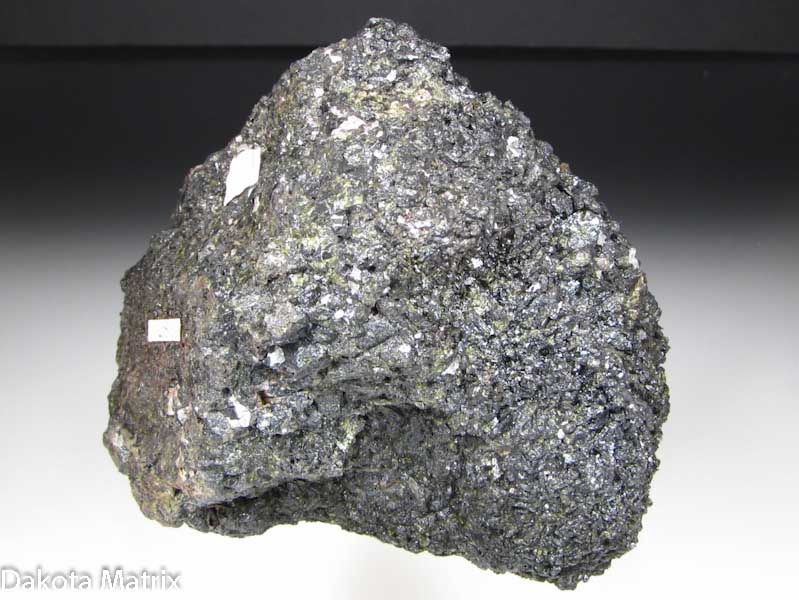
augite [aw-jahyt] ExamplesWord Origin noun
- a silicate mineral, chiefly of calcium, magnesium, iron, and aluminum: a dark-green to black variety of monoclinic pyroxene, characteristic of basic rocks.
Origin of augite 1780–90; Latin augītis a kind of precious stone Greek, equivalent to aug(ḗ) sunlight + -ītis, feminine of -ītēs -ite1 Related formsau·git·ic [aw-jit-ik] /ɔˈdʒɪt ɪk/, adjective Examples from the Web for augite Historical Examples of augite
Pyroxene, quartz and augite form the groundmass, as seen in section.
Dillon Wallace
Augite, when it occurs, is sometimes green, at other times purple.
Encyclopaedia Britannica, 11th Edition, Volume 16, Slice 2
Various
These are distinguished from augite by containing little or no aluminium.
Encyclopaedia Britannica, 11th Edition, Volume 8, Slice 5
Various
Sections of augite crystals from the lavas of 1794 and 1820.
Edward Hull
A crystal of augite is shown near the bottom of the drawing.
G. F. Rodwell
British Dictionary definitions for augite augite noun
- a black or greenish-black mineral of the pyroxene group, found in igneous rocks. Composition: calcium magnesium iron aluminium silicate. General formula: (Ca,Mg,Fe,Al)(Si,Al) 2 O 6 . Crystal structure: monoclinic
Derived Formsaugitic (ɔːˈɡɪtɪk), adjectiveWord Origin for augite C19: from Latin augītēs, from Greek, from augē brightness augite in Science augite [ô′jīt′]
- A glassy, dark-green to black variety of pyroxene. Chemical formula: (Ca,Na)(Mg,Fe,Al)(Si,Al)2O6.
 Liberal Dictionary English Dictionary
Liberal Dictionary English Dictionary